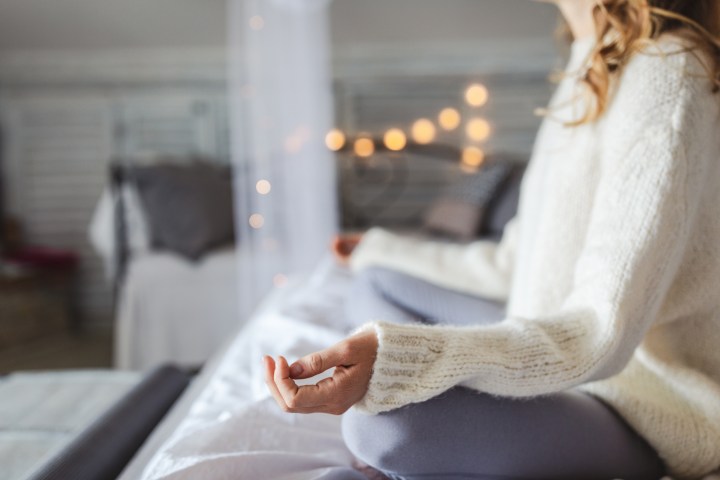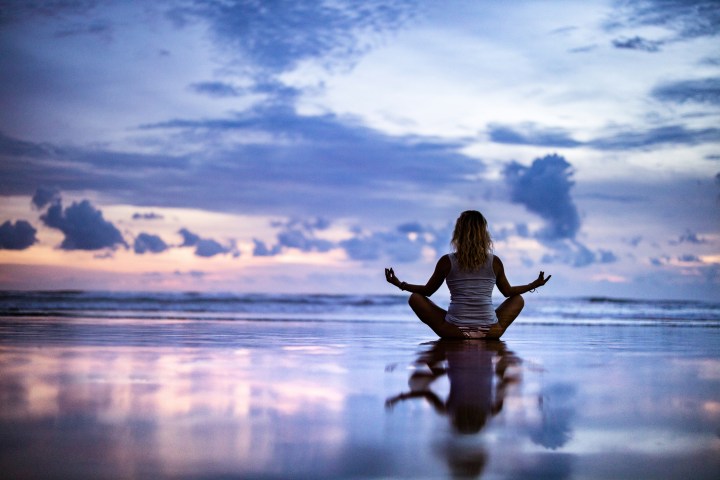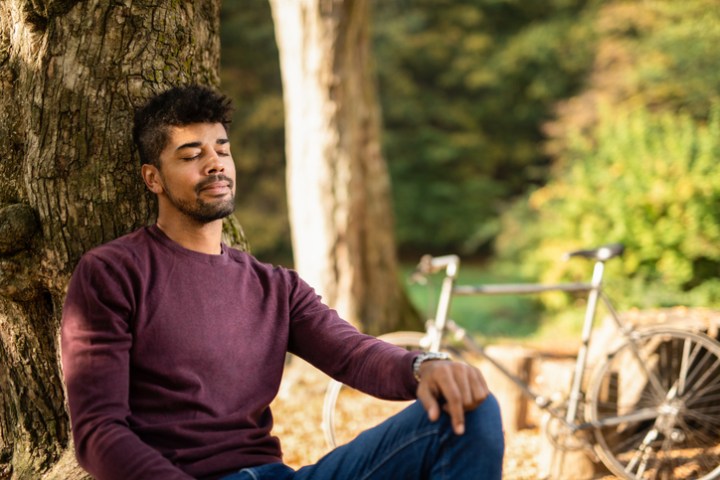Reconnect with your body, relax and reduce stress this summer

If ever there was a time when relaxation was needed, it is now. With summer holiday season upon us and staycations the new normal, it’s the perfect time to relax, recharge and reduce stress, so you can make the most of your time out with family and friends.
Despite what your guilty inner voice might tell you, time out is anything but a self-indulgence. After all trigger-happy mood swings don’t just affect your happiness and wellbeing, they can make others edgy, stressed, even unhappy, too. Giving your nervous system a chance to recharge makes you easier to be around. You’ll be more gentle, less irritable and better able to do more in the long run. By engaging with mindfulness, it can help you improve your own life and the lives of your loved ones.
Do the following exercise every day for at least a week. Spend as much time on it as you wish, but at least ten minutes. Nature will reward you well!
Spend time sitting in nature
The natural world is a powerful stress reliever and mood booster. It puts things in perspective and can right wrongs, calm anger and soothe frayed nerves. Spend a little time each day with nature, aware of the different feelings and sensations of the breath in your body, as well as all your other senses, and you can give yourself a little of this natural healing – for free. Just nip out into the garden, find a pretty local park or open space or, if you have time, head off to the coast or the moors. If you can’t get outside for any reason – maybe it’s horrible weather or you haven’t got much time – then you could sit quietly and look out of the window, or you could spend time looking at an indoor plant and really notice all the colours and textures. Wherever you are, your aim is simply to take in the natural surroundings as mindfully as you can.
Start by spending a few minutes absorbing the scene. What can you see, hear and smell? Does the air have a taste? How do the earth, grass and tree bark feel? Are they rough, smooth, soft or slippery? Close your eyes and focus on the sounds. Soak up the different ones. Can you hear the wind? Or perhaps cars in the distance? Can you hear insects, birdsong or the scampering of small animals? Notice the rise and fall of each individual sound. Mentally flick between them.
Now sit down. Can you feel the weight of your body settling onto the seat, park bench or whatever you’re sitting on? Can you give your weight up to gravity, so that you feel a sense of rest? Can you feel the movement of the breath in your whole body – the front, the back and the sides? Can you feel how the breath is always changing, just as the sounds do? Can you let any sensations of discomfort in the body also come and go as the moments pass? See if you can have a more fluid experience of both your body and the world around you.
Now stand and take a short walk. Feel the sensations underfoot and notice the movement of your muscles and joints. Feel the gentle swaying of your limbs. Experiment with walking at different speeds and notice how this feels. Let your breath flow as naturally as you can while you move.
As you do this exercise, notice the relationship between direct sensory awareness and thinking: when you’re immersed in savouring your senses, do you find you think less? And if you ‘come to’ at some stage and notice you’ve been lost in thinking – say, rehearsing an argument or worrying about something – can you see how your direct sensory experience faded into the background while you were lost in thought?
WINNER OF BEST BOOK (POPULAR MEDICINE) AT THE BRITISH MEDICAL ASSOCIATION'S BOOK AWARDS 2014
Pain, suffering and stress can be intolerable - but it doesn't have to be this way.
Mindfulness for Health reveals a series of simple practices that you can incorporate into your daily life to relieve chronic pain and the suffering and stress of illness. Clinical trials show that mindfulness meditation can be as effective as prescription painkillers and also enhances the body's natural healing systems. Mindfulness can also reduce the anxiety, depression, irritability, exhaustion and insomnia that can arise from chronic pain and illness.
Mindfulness for Health is based on a unique meditation programme developed by Vidyamala Burch to help her cope with the severe pain of spinal injury. Taught at Breathworks in the UK - and its affiliates around the world - this programme has helped tens of thousands of people cope with pain, illness and stress. Breathworks' pioneering approach is praised by Professor Mark Williams of Oxford University, Jon Kabat-Zinn and Professor Lance McCracken of King's College London.
The eight-week programme at the heart of this book takes just 10-20 minutes per day. It is particularly effective for the biggest causes of pain - back problems, arthritis, migraine and diabetes but works equally well for cancer (and its associated chemotherapy), heart disease, fibromyalgia, celiac disease, lupus, chronic fatigue syndrome, IBS, labour pain and even tinnitus. You will be surprised by how quickly your suffering melts away, leaving you able to live life to the full again.









